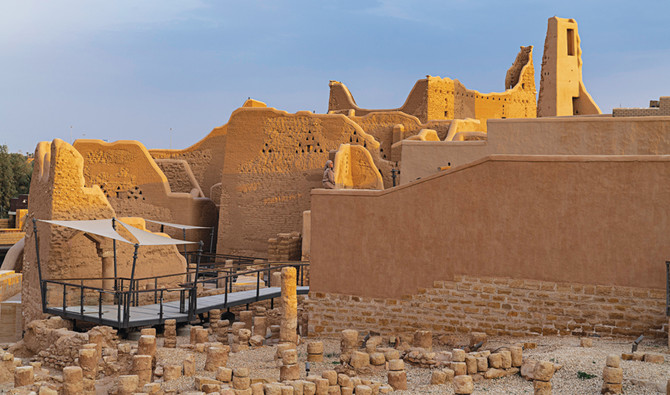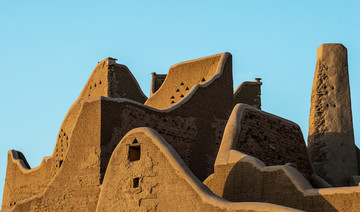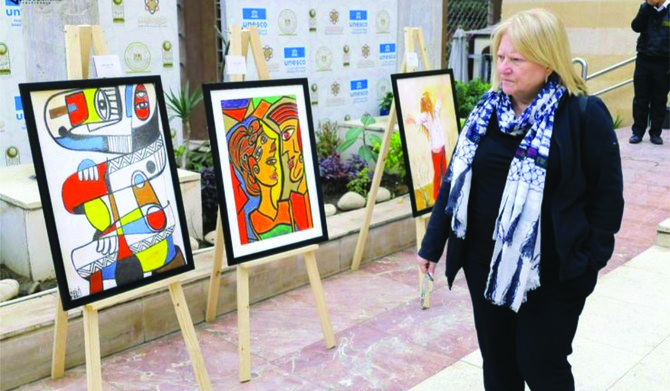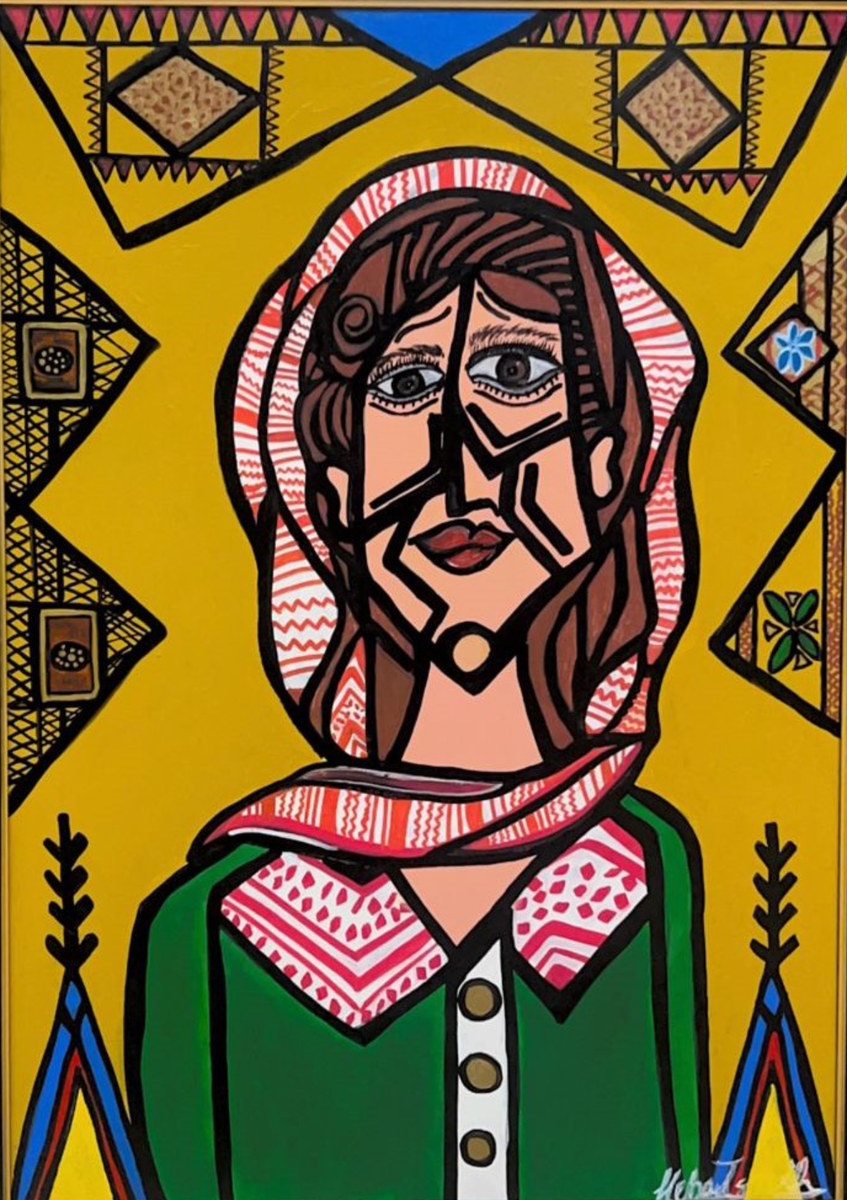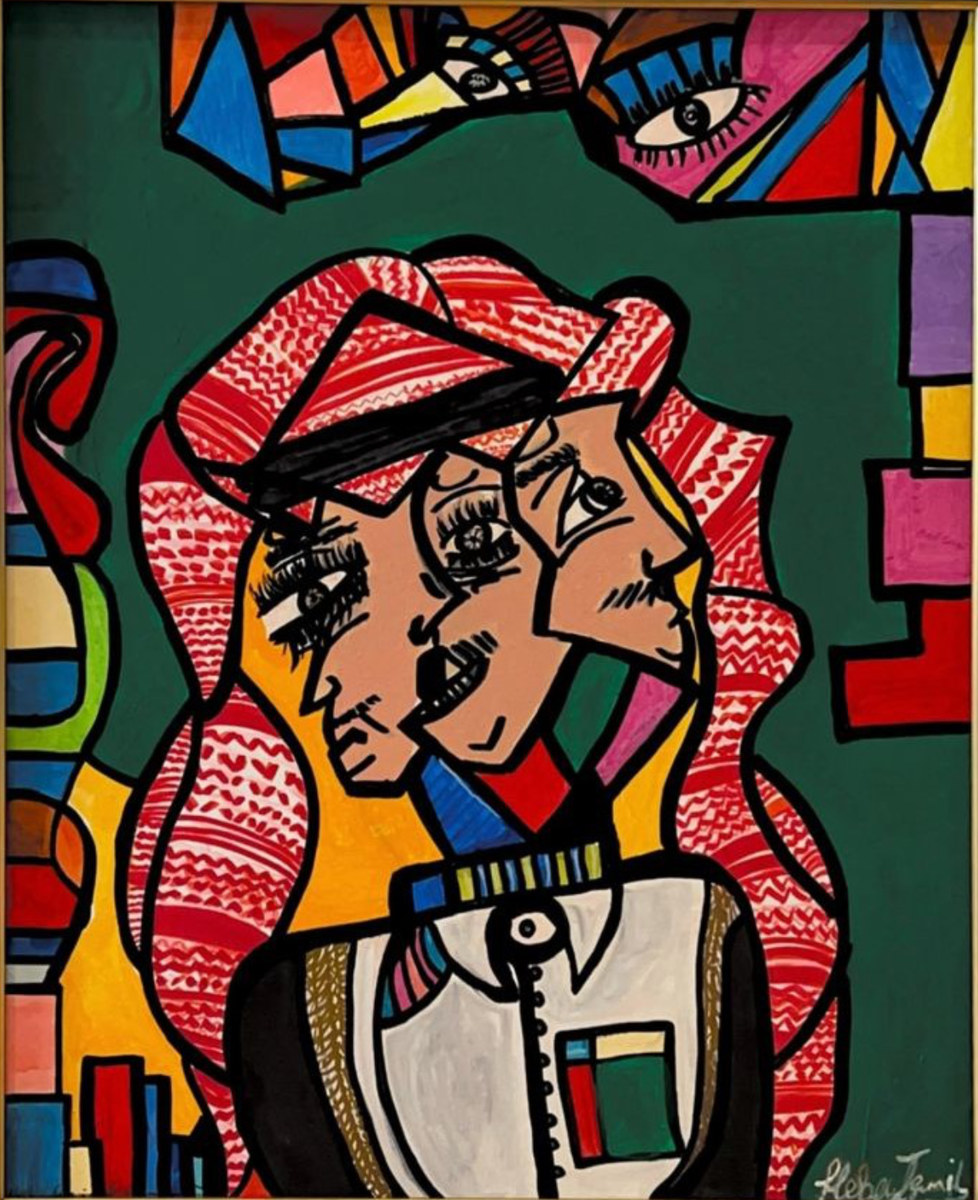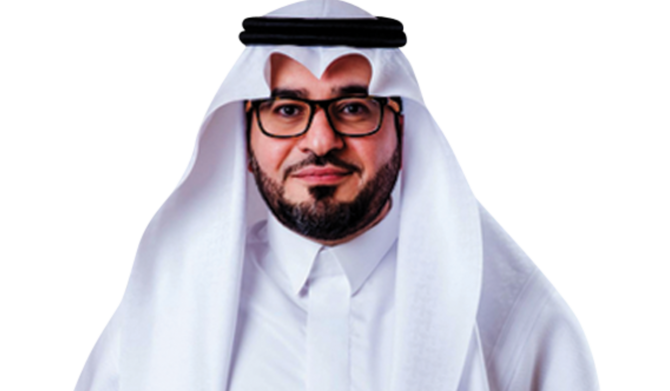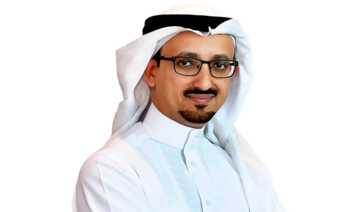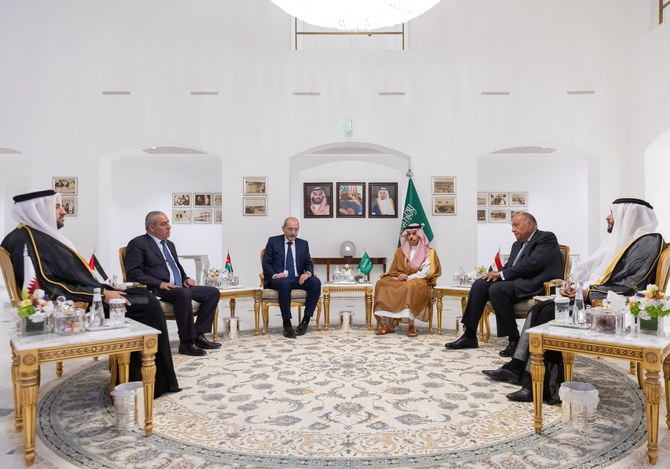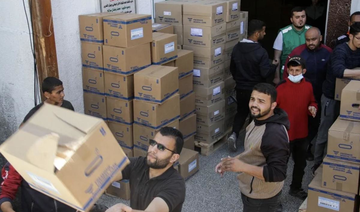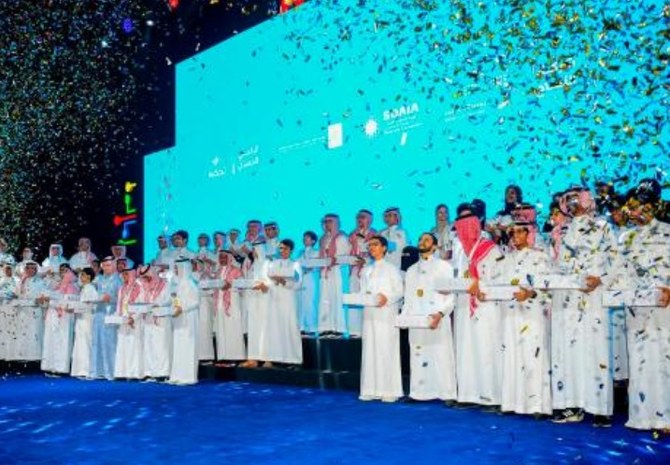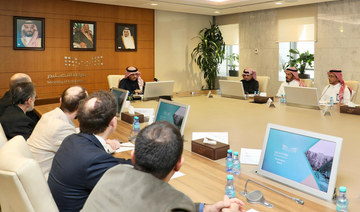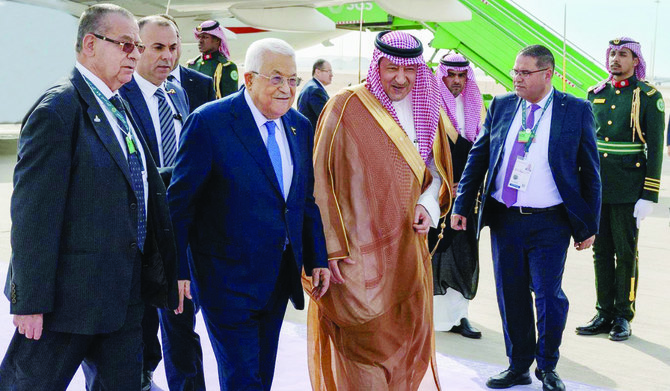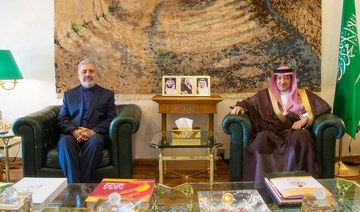RIYADH: Gerard “Jerry” Inzerillo, tourism mogul and CEO of the Ad Diriyah Gate Development Authority, gave an exclusive interview to Arab News in the town’s historical At-Turaif district.
Ad Diriyah, located on the outskirts of Riyadh and once the home of the Saudi royal family, temporarily opened its gates as the ABB Formula E racing championship took place a few kilometers away.
The serenity of the location allows visitors to experience the historical significance of At-Turaif. Efforts to restore its magnificence are clearly evident.
Restoring At-Turaif and Ad Diriyah is one of the many megaprojects underway to boost tourism in the Kingdom, in line with the Vision 2030 reform plan.

Why Ad Diriyah? Because you can’t have a future without a past. That’s where the crown prince’s brilliance lies.
“It’s a magical time in the Kingdom. What all these projects will offer people from all over the world is fabulous,” said Inzerillo in his Brooklyn accent.
“With all that vision, boldness and welcome, you want to go to the soul, the pearl, the jewel of the Kingdom, and that’s the UNESCO World Heritage Site Ad Diriyah and At-Turaif.”
When visiting Ad Diriyah 19 years ago, Inzerillo admitted that he was slightly let down by what he saw.
He understood its historical significance, and 19 years later, with the manpower of hundreds of Saudis who believe in the preservation of their country’s heritage, Inzerillo can see the fruits of their labor. “The future can only be anchored with the values of the past,” he said.
The UNESCO site has undergone 15 years of restoration, bringing it back to life. Working alongside the crown prince, Inzerillo believes that Mohammed bin Salman’s insistence on preserving the authenticity and soul of Ad Diriyah and At-Turaif is vital. “There’s only one Ad Diriyah,” said Inzerillo.
Everything that will be built around the historical site will be made of mud and in keeping with the architecture of Saudi Arabia’s central Najd region.
“To preserve the authenticity of the area, the crown prince stressed that he wants street energy, human interaction, laughter, food, beverages and music. There will be a major focus on pedestrian traffic,” Inzerillo said.
“Many people don’t realize that there’s 1,000 years of history in Saudi Arabia, and At-Turaif has 274 years of history on its own.”
He said he can see the pace of progress in the tourism sector. For years, the Kingdom has welcomed millions of people through Makkah and Madinah, but Inzerillo believes that it is time for Riyadh to shine.
“It’s now time to come to Riyadh, a thriving international global city that’s on a fast track to 8 million people,” he said.
“It’ll be the stop-off point for the region. It’s where the region started. Arabia started at Ad Diriyah,” he added.
“I’ve been in tourism for 50 years. I’ve worked with some of the best heads of state in the world. The crown prince is so smart and full of love for this project,” Inzerillo said.
“We have specific instructions to open several assets for 2019. These are very exciting plans. We’re going to be opening major restaurants, retail outlets and hotels for 2020,” he added.
“The crown prince will announce the masterplan in the next few months. It’s bold and exciting. Nowhere in the world has the level of authenticity, the authentic mud that At-Turaif has.”
The project’s success will be due to the crown prince’s watchful eye and hands-on approach, Inzerillo said.
It will include museums, academic institutions, “edutainment” facilities, 11 hotels, several hundred shops and 100 restaurants.
They will all overlook the Wadi Hanifah valley in Najd, surrounded by 1 million date palm trees and another 1 million that are expected to be planted.
“Why Ad Diriyah? Because you can’t have a future without a past,” said Inzerillo. “That’s where the crown prince’s brilliance lies.”


